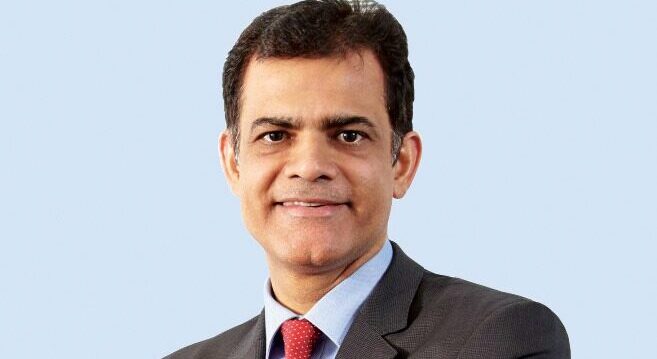The country will spend $500 billion (Rs 37 trillion) a year by 2030 to accommodate its rapidly expanding population, according to the latest report by the international construction and consultancy firm Mace.
The report, ‘A Blueprint for Modern Infrastructure Delivery’ states that since the global Covid-19 pandemic took hold at the start of 2020, infrastructure delivery and its role in society has changed “dramatically” in nature.
“For instance, at its peak, the pandemic caused a 73% drop in public transport use in India. Gradually easing restrictions notwithstanding, networks around the world face longer-term strategic challenges. India is no exception,” Anarock said in a press release.
Jason Millett, CEO for Consultancy at Mace, said: “Around the world, good infrastructure is vital for socioeconomic prosperity, both directly through investment and jobs, and indirectly through thing like improvements to transport connectivity and access to clean water. India is no different and, unfortunately, not all infrastructure projects are properly planned and delivered, resulting in delays, cost overruns and under-delivery against expected benefits. The negative impact of this is significant, with our calculations showing that, in India, this could result in an additional cost of Rs 10,820 billion by 2030. Globally, the cost could be as much as $900 billion. This financial burden, combined with a perceived lack of delivery capability due to project delays and mismanagement, risks severely damaging public confidence in the sector; something we cannot afford when community buy-in is so critical to establishing and achieving positive outcomes.
With Covid-19 placing greater emphasis on the importance of infrastructure as an economic multiplier, it is more important than ever that we get this right. Our major projects and programmes must have clarity of direction and outcome-focused decision-making to ensure they do not become a burden, but rather an enabler for post-pandemic growth.”
“Construction halt, labour shortage and revocation of toll collection were some of the major challenges India’s infrastructure sector has faced due to the COVID-19 lockdown since March. The government’s focus has shifted primarily towards building healthcare infrastructure to accommodate the pandemic’s fallout. Even now, after a staggered easing of lockdown rules over the last months, major infrastructure work across the country haven’t resumed usual pace. In India, there is a very real need to ensure timely implementation. Many of India’s infrastructure projects were already delayed even before the pandemic,” Anuj Puri, chairman, Anarock Group said.


